Current
Indigenous Nations in Canada are leaders of positive environmental change. CIER supports Indigenous Nations to use the best western and Indigenous Knowledge to create a world that is in balance and supports the well-being of all living things. Learn more about some of CIER’s current and ongoing projects below.
Collaborative Leadership Initiative (CLI)
Focus Areas: Water
Partners: Southern Chiefs’ Organization, Winnipeg Metropolitan Region
About the Project: With guidance from CIER and our partners, Chiefs, Mayors, and Reeves in Southern Manitoba are pursuing a collaborative and strategic approach to tackling the shared and complex issues of protecting our land, water and air.
CLI is an ongoing process where these leaders continue to come together to learn from one another and find common ground. Communication and collaboration between Indigenous and non-Indigenous leaders is vital to the future wellbeing of our communities, land, and water.
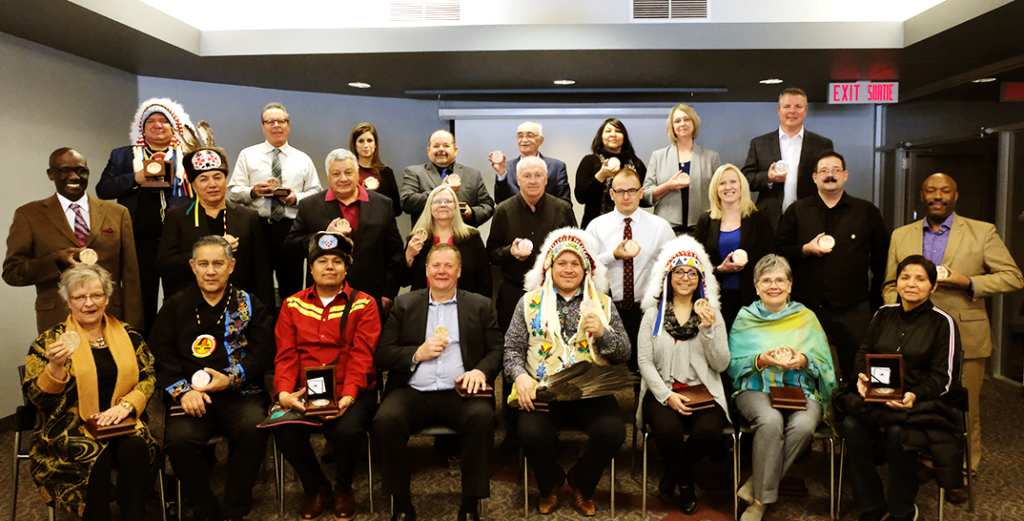
Species at Risk Act (SARA) Consultation, Cooperation and Accommodation Project
Focus Areas: Biodiversity, Indigenous Knowledge
Partners: Environment and Climate Change Canada
About the Project: This multi-year project will facilitate Indigenous communities’ and organizations’ participation in Environment and Climate Change Canada’s (ECCC) listing and recovery planning processes for terrestrial species as part of implementing the federal Species at Risk Act. CIER’s role is to support a range of activities between Indigenous communities and organizations and ECCC on developing recovery documents, sharing knowledge and language, addressing threats to terrestrial species at risk survival and recovery, and land use planning for species at risk on reserve lands and within traditional territories.
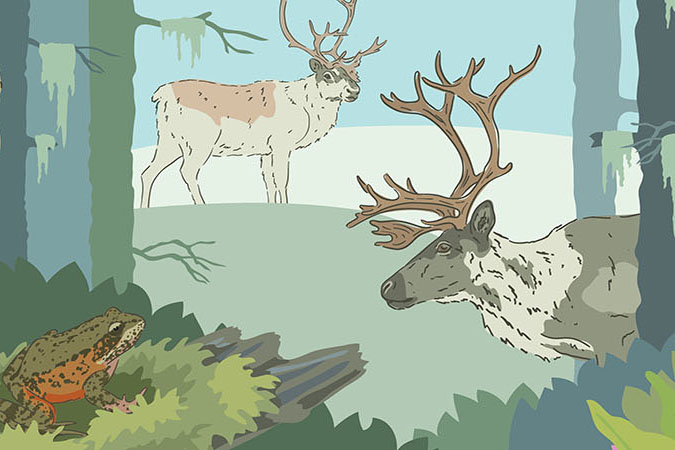
Key Biodiversity Areas (KBA) Project
Focus Areas: Biodiversity, Indigenous Knowledge
Partners: Wildlife Conservation Society Canada
About the Project: The overall goal of the project in Canada is to identify KBAs and map out priority areas that meet these scientific criteria to support biodiversity conservation. While KBAs don’t usually include a focus on Indigenous values, we believe there is likely to be overlaps in the areas identified as KBAs and areas that are important to Indigenous Peoples.
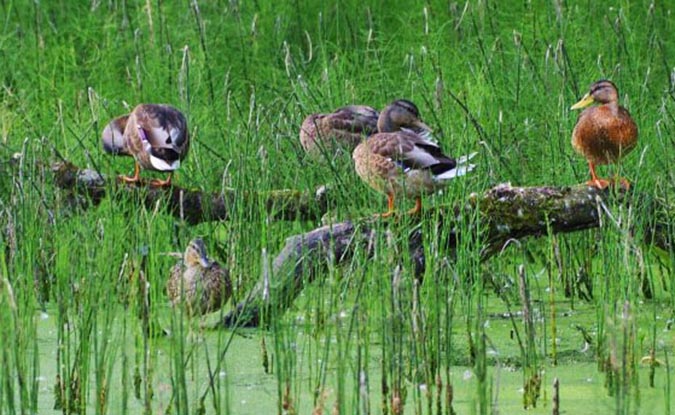
Project 2050: Climate-Friendly Habits to Change the World
Focus Areas: Renewable Energy and Climate Change
Partners: Earth Rangers
About the Project: This national movement is about empowering children with the knowledge and skills needed to tackle climate change. Project 2050 teaches children and youth that our habits can have a big impact on the planet, and by working together, we can build a more climate-resilient future.

Northern Manitoba First Nations Food Sovereignty Projects
Focus Areas: Food Sovereignty
Partners: Boke Consulting, Northlands Dene First Nation, Sayisi Dene First Nation, Barren Lands First Nation, St. Theresa Point First Nation
About the Project: CIER is providing equipment and building capacity in food sovereignty in Northern Manitoba. Together with Boke Consulting, we’re working with community coordinators who are in turn helping community members create and maintain their own gardens. Eventually, CIER will support the community in meeting their own food sovereignty goals. Future goals include modifying a shipping container appropriately to be used as a dressing station This easy-to-access and easy-to-clean space will encourage hunting for traditional meat and can be a place to learn and pass down Traditional Knowledge.
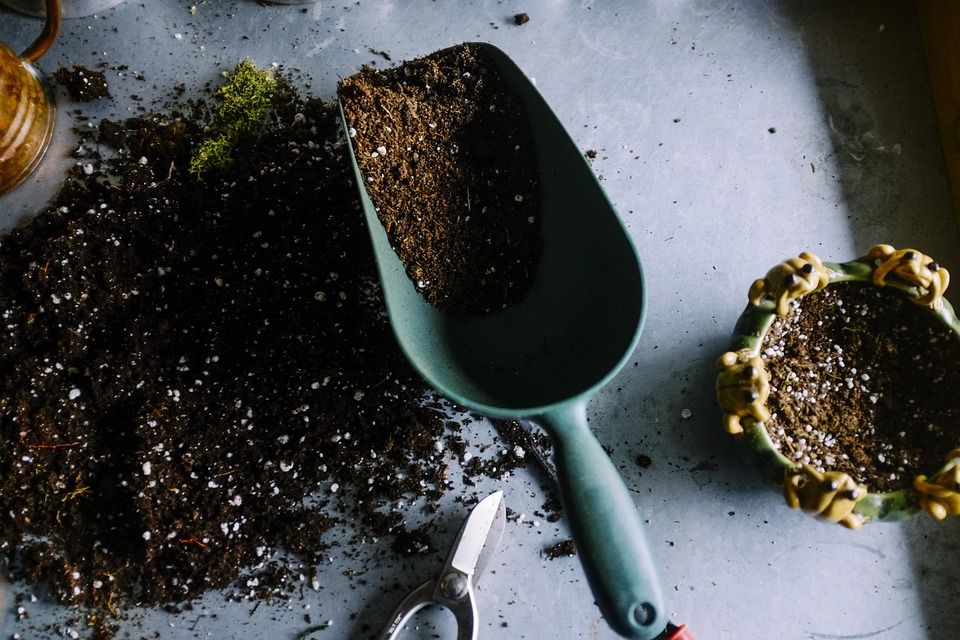
Reducing the Risks of Lake Ice Travel Project
Focus Areas: Water, Renewable Energy and Climate Change, Indigenous Knowledge
Partners: NextGen Environmental Research, St. Theresa Point First Nation, Wasagamack First Nation, Garden Hill First Nation
About the Project: CIER is working in partnership with NextGen Environmental Research to focus on increasing knowledge and understanding on winter lake ice conditions and ice hazards in the Island Lakes and how climate change will exacerbate these issues. CIER and NextGen are working with three Island Lake communities through community workshops and knowledge-sharing. One of the ways we’ve ensure long-term sustainability of this project is by hiring a community project coordinator for each First Nation.
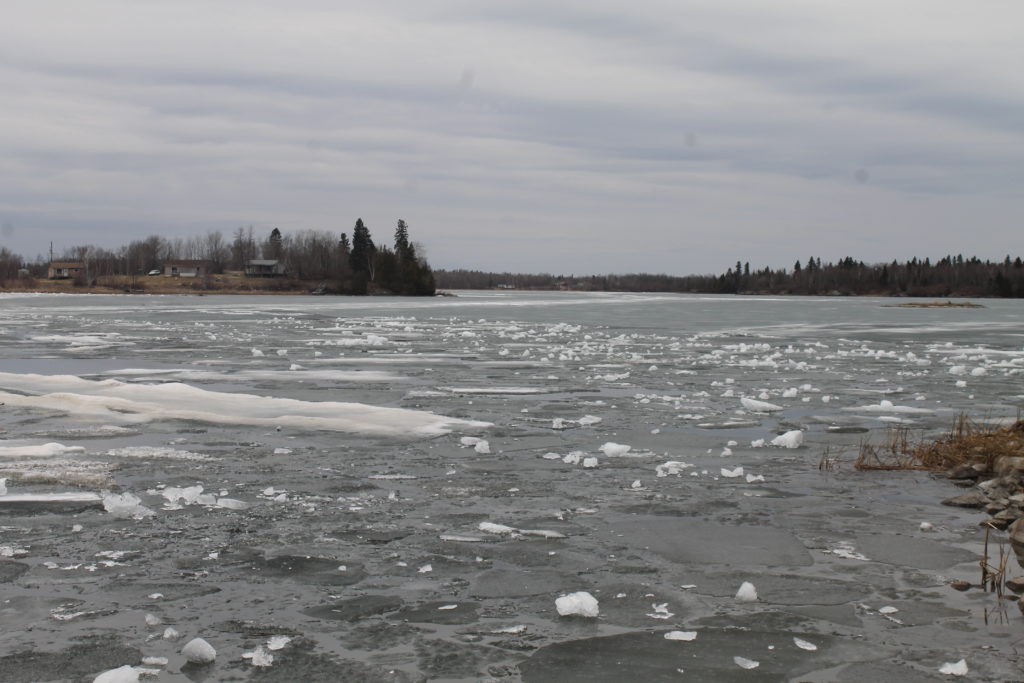
Federal Contaminated Sites Management Project
Focus: Environment, Health, Indigenous Knowledge
Partners: Environment and Climate Change Canada (ECCC), Indigenous Services Canada (ISC), Crown-Indigenous Relations, Northern Affairs Canada (CIRNAC) and Public Services and Procurement Canada (PSPC)
About the Project: The Government of Canada is collaborating with CIER to co-lead various Indigenous engagement activities across the country in 2023, regarding the management of federal contaminated sites. Our aim is to provide a forum for meaningful discussion with Indigenous governments and communities in identifying gaps and priorities related to federal contaminated sites management and the Federal Contaminated Sites Action Plan (FCSAP) Program. Through these engagements, the Government of Canada hopes that these sessions also provide information on how Indigenous Peoples can be further involved in the Program delivery process and prioritization of work on federal contaminated sites that impact Indigenous Peoples in Canada.
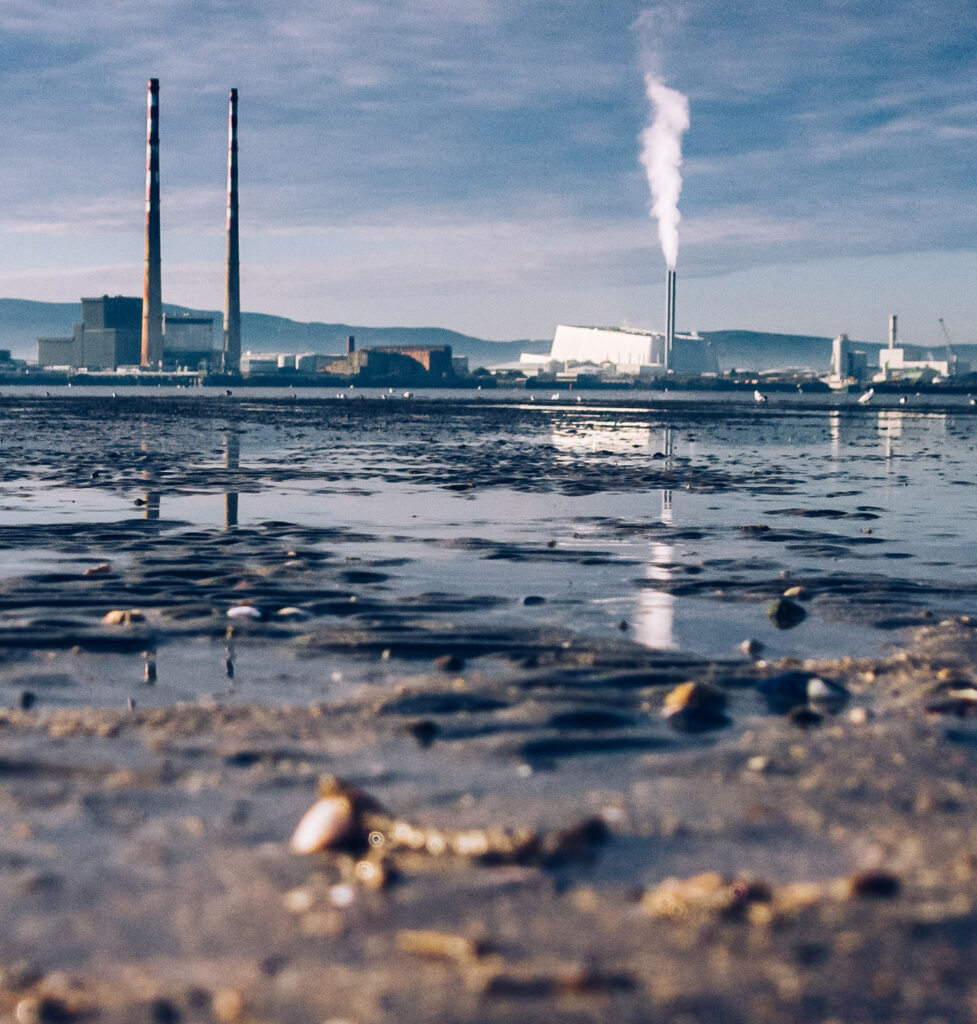
Wildfire Smoke Project
Focus: Environment, Health, Indigenous Knowledge
Partners: Health Canada
About the Project: Health Canada is collaborating with CIER to co-lead multiple engagement sessions with Indigenous communities and organizations across Canada as part of the first phase of a multi-year project. The aim of these sessions is to exchange knowledge on smoke from wildfires and wood heating, identify knowledge gaps, information needs and project priorities

Indigenous Youth, Art & Water Initiative
Focus: Youth, Environment, Water, Health, Indigenous Knowledge
Partners: OneDrop Foundation, Keurig, Ovivo, Power Corporation of Canada
About the Project: This initiative is the first phase of the Indigenous Water Allyship, a meaningful partnership between the Centre for Indigenous Environmental Resources (CIER), the One Drop Foundation and partners from the private sector to support First Nations, Métis and Inuit communities in Canada by helping to improve living conditions and health through water and art.

Success Stories
CIER is proud to showcase a sampling of its many projects through the years that have helped contribute to building sustainable Indigenous communities.
Milestones
Since CIER’s inception in 1995, we have worked on more than 450 environment focused projects with over 300 First Nations across Canada.
